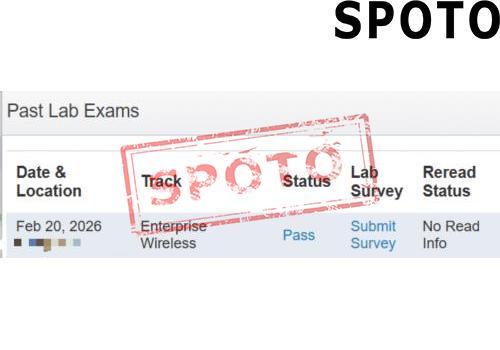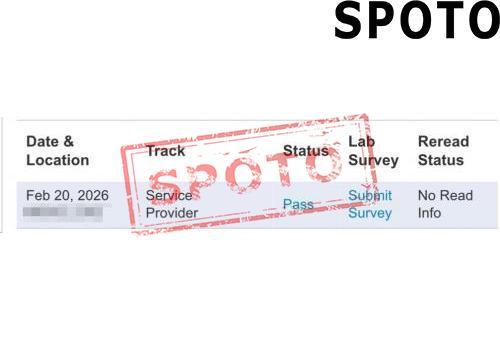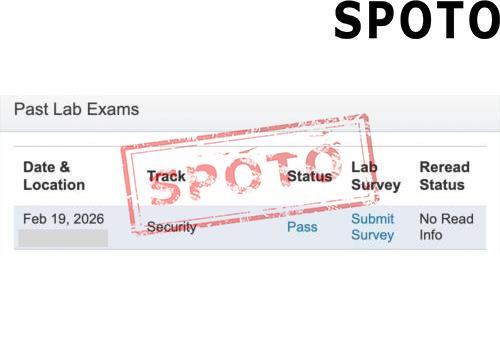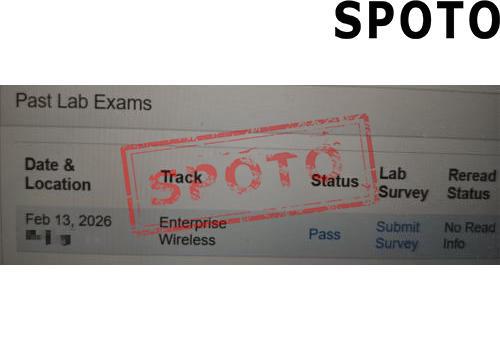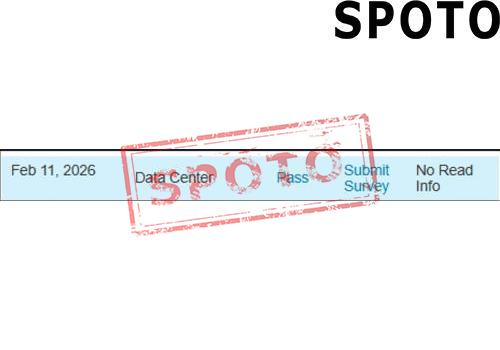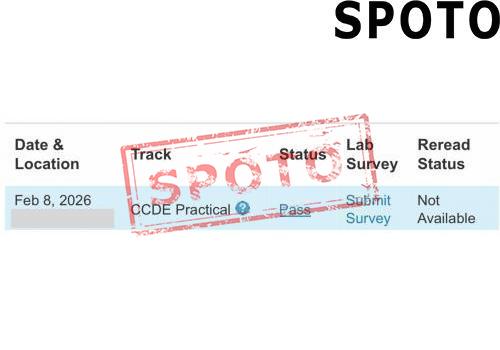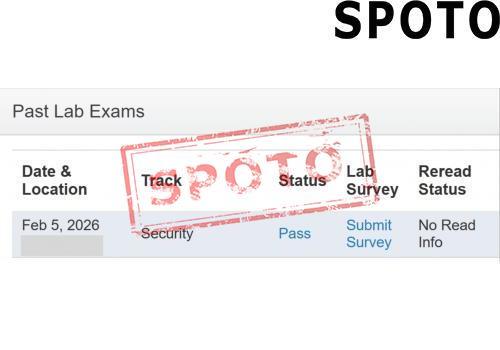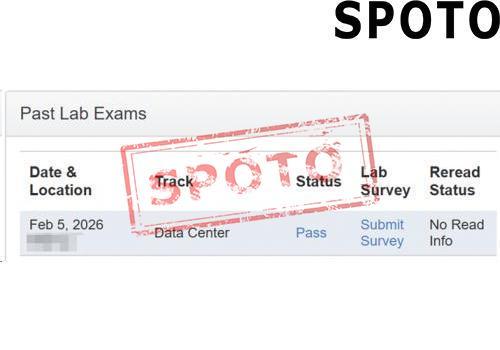
Table of Contents
- 1. What are Collaborative Engineers? And their job responsibilities
- 2. Job Outlook for Collaborative Engineers
- 3. How much is a collaborative engineer paid?
- 4. What skills do collaborative engineers need?
- 5. What qualities make you a collaborative engineer?
- 6. What kind of certification can help become a collaborative engineer?
1. What are Collaborative Engineers? And their job responsibilities
Collaboration Engineers are responsible for designing, implementing, and maintaining communication and collaboration technologies within an organization, providing the necessary technical and engineering support for the organization's current business to ensure seamless teamwork and efficient work efficiency. They work closely with IT teams and end users to optimize system performance, resolve issues, and enhance workflows. In-depth knowledge of networks, security protocols, and collaboration software is essential for this position.
In an organization, the work content group of collaborative engineers should include the following aspects: Collaboration Engineer is responsible for the service ownership management of new collaboration services, ensuring that the overall delivery, operation and maintenance of the services meet the expected standards. At the same time, they also need to define the technical architecture and provide implementation support, that is, design the architecture from a technical perspective to support the deployment and implementation of new collaboration services. In order to improve the overall service quality and user experience, and promote the continuous enhancement and improvement of collaboration services, collaboration engineers should regularly evaluate the stability of the system and introduce new features. In addition, they should customize the workplace roadmap that supports the collaboration field and assist in planning the development direction and implementation path of the future collaboration platform. Participate in the support of future video network and service plans, and participate in the planning, design, implementation and continuous support of future video and network services. Finally, collaboration engineers also need to upgrade the existing platform according to business needs, expand system capacity and functions, and work with the network team to manage voice quality and provide capacity recommendations to ensure that the end-to-end voice communication quality meets the expected standards.
2. Job Outlook for Collaborative Engineers
The job outlook for engineers continues to show a high demand for talent. According to the U.S. Bureau of Labor Statistics (BLS), career forecasts and characteristics of practitioners in engineering and computer-related career fields are expected to grow significantly. Industrial engineering is one of the occupations expected to experience growth, with a growth rate of 11.7% by 2032. This highlights the growing demand for experts who are proficient in process and system optimization in all walks of life. Collaborative engineers, as one of the related occupations, also show strong market demand growth.
3. How much is a collaborative engineer paid?
The average annual salary for a Collaborative Engineer in the United States is $108,117. That works out to about $51.98 per hour. That equates to $2,079 per week or $9,009 per month. The average salary range for a Collaborative Engineer varies greatly (as much as $41,500), which means there may be many opportunities for advancement and increased pay for a Collaborative Engineer based on skill level, location, and years of experience.
4. What skills do collaborative engineers need?
Collaboration engineers should first have the ability to apply multiple programming languages, be able to develop scalable software to support the delivery of unified communications and collaboration products, and write accurate and complete customer support documentation. They usually have rich software development experience, high-quality coding practices, and are able to design and implement cross-platform software solutions. Secondly, this role also needs to participate in solution planning, provide design advice, be responsible for solution construction and configuration, clarify the technical requirements of endpoint protection, and assist in the formulation of relevant policies and operating procedures. Finally, good teamwork skills are essential for career development, including effective organizational coordination skills, communication skills, and positive interpersonal interaction skills, which will help to obtain better development opportunities in a complex workplace environment.
5. What qualities make you a collaborative engineer?
To become a collaborative engineer, you need to be able to effectively combine technical capabilities with teamwork spirit. On the one hand, you need to develop your professional skills, but at the same time, on the other hand, you must be able to make use of your professional skills in teamwork. This requires job seekers to have work experience in related fields and teamwork thinking. Secondly, collaborative engineers also need to have communication skills and cross-departmental coordination capabilities, and be able to clearly convey complex technical content to colleagues or customers from different backgrounds, help the team reach a consensus, and promote the efficient implementation of the project.
6. What kind of certification can help become a collaborative engineer?
We recommend you to obtain CCIE Collaboration certification, which can demonstrate your advanced skills in planning, designing, implementing, operating and optimizing complex enterprise collaboration solutions. With the Cisco Certified Internet Expert (CCIE) Collaboration certification, you can show that you have all the skills to become a collaboration engineer and increase your chances of success in the application.
